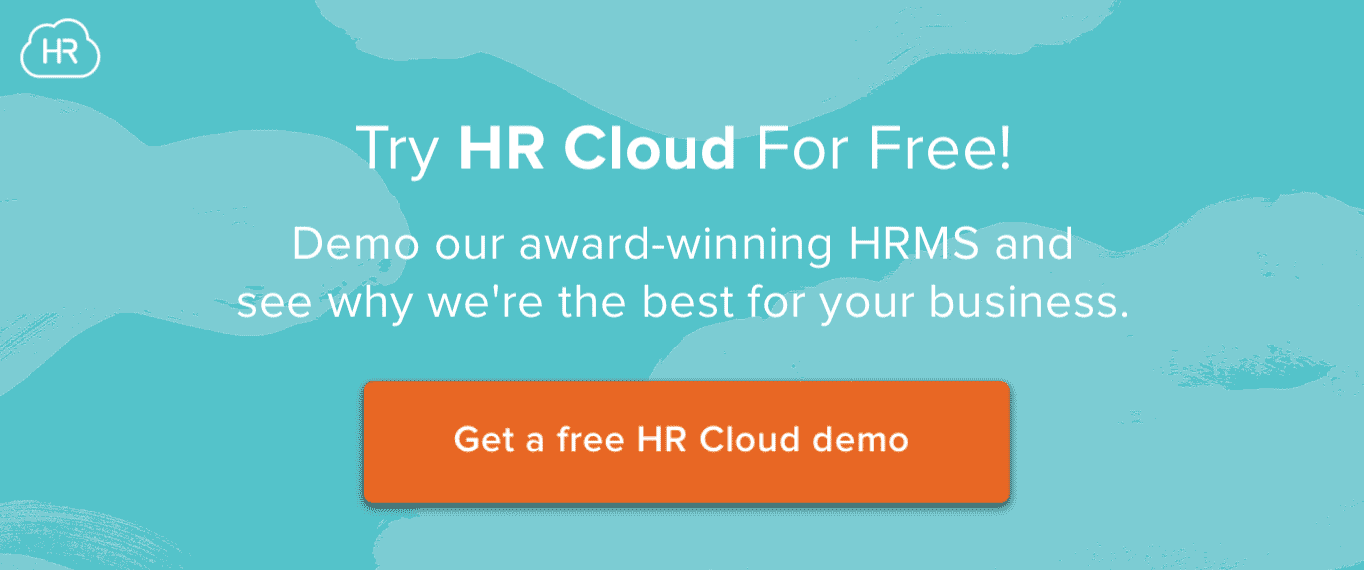4 Important Lessons From the Gig Economy

Those crazy millennials are up to it again. First, avocado toast. Now, changing the face of the economy and the nature of employment. What shenanigans will they engage in next?
The gig economy, as you’ve surely read about in countless articles, is growing. Online platforms like Upwork and Uber are changing what employment looks like. Flexibility is replacing stability. Contingency is cool. Five gigs are better than one.
But it isn’t all just ride-hailing and task-rabbiting. More and more, creative and technical jobs are turning freelance. And more and more companies are dabbling in hiring more part-time and remote freelance workers.
So how does this sea change effect how HR recruits and retains talent? Even if your labor pool is mostly made up of traditional full time employees, the gig economy can teach some lessons about what employees want. Webster’s hasn’t noticed yet, but millenials and their app-driven, kombucha-fueled lifestyle have changed the definition of the word “worker”. HR should take note.
Here are 4 lessons HR departments can learn from the gig economy, whether they’re bringing on more freelance employees or staying engaged with full-timers.
- Appify Your Workflow
The advent of apps has made the gig economy possible. Workers don’t just turn to apps to find work, apps are integral to how they organize and complete their goals. Many HR processes can be accomplished through an app like HR Cloud’s. It saves time for managers and employees alike. For the modern company, with employees far-flung or nearby, using apps to complete basic tasks and stay in touch is essential.
- Hire Their Desire
Believe it or not, millenials and gig workers are a bit reluctant to climb the corporate ladder. Big salaries and fancy job titles aren’t enough to woo them anymore. They desire something bigger. Studies have shown that millenials value professional development and a sense of mission over many other traditional employment perks. When hiring, highlight mentorship programs that provide growth opportunities. Underscore your team’s mission beyond numbers on a page.
- Keep it Flexible
This is a tricky one. Deadlines are deadlines, but that doesn’t mean HR can’t implement some flexibility into company culture. Giving employees the power to choose their projects and hours and options to work from home can be an excellent way to cultivate engagement and keep things feeling fresh. Employees like options, and after tasting the freedom that the gig economy affords, it can be hard to return to a more traditional schedule.
- Your Company’s Social Network
One of the challenges of onboarding contingent and remote workers is incorporating them into an already established team. Company culture is hard to spread when a chunk of your workforce may never meet face to face. That’s why it’s important to provide digital channels for employees to connect and interact that make them feel part of a team. An online company directory can go a long way towards making employees feel like they know who’s who. An internal social media platform for your company is a great way to spread vital information, but also share memes and build morale.
Attracting, much less retaining, the elusive millennial new hire may seem difficult. But as they make up a bigger and bigger chunk of the workforce, it’s necessary to embrace some changes that’ll make them feel at home. Mobility and flexibility are important, but maintaining a sense of purpose and engagement is what the kids really want. Gigs are great, but workers are still looking for a career. They just need a little convincing from HR.
HR Cloud is a leading developer of HR software & HRMS solutions for small and medium size businesses that have high turnover. HR Cloud's Onboard is market leading technology for effective new hire onboarding and Workmates enables employee engagement simply and easily. Founded in 2012, our HRIS empowers teams to easily onboard new hires, manage employee data, create a company social network and support employee development.
Keep Reading
Retention Reset: How to Keep Your Best Talent in 2025
More employees are walking away from their jobs in 2025 not just for better pay, but for
Remote Onboarding Done Right: A Step-by-Step Guide for HR Teams
Remote onboarding is the process of welcoming new employees who work from home or

